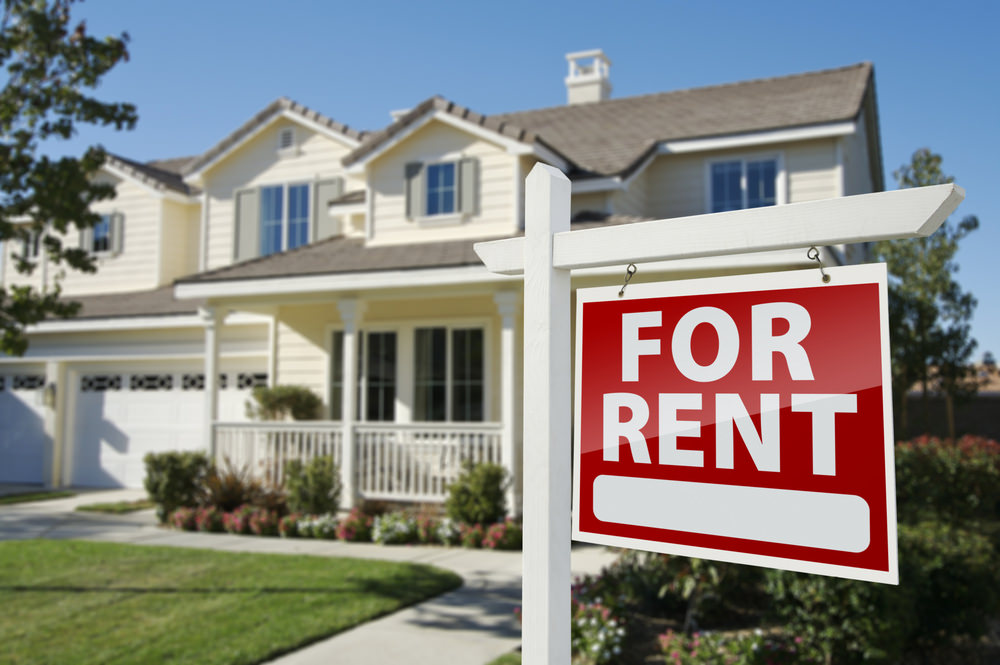The article “Is a Rental Property a Good Investment?” was originally published on MoneySense on December 29, 2015.
Harmony isn’t sure if renting out her condo is worth the cost in the long term
Q: I own a condo in my hometown of Duncan, BC, but my partner and I have just bought a house across town and have moved into it together. Should I keep the condo as a rental property or sell it and invest the equity?
Every time I ask friends or family what I should do with the property, they tell me I should keep it because ‘property values keep going up and one day, I’ll just own it!’ But my rental income wouldn’t cover my cost for keeping the condo and I feel like sinking money into the unit every month just to keep it afloat is a bad idea, no matter what the long term gain might be.
The two-bedroom condo was built in 1993 and it’s in a highly rentable part of town (most units in the area are renter-occupied). I think I could charge about $800/month for it. Vacancy rate is pretty low here, so I probably wouldn’t have too much trouble finding a tenant. The building is well maintained (I chair the strata council) and has a solid contingency reserve. I expect strata fees to increase at a rate of about 2% per year for the foreseeable future.
—Harmony
A: One of the best things about investing in real estate is that it is generally much more empowering than investing in stocks. Stocks are difficult for a lot of people to understand, whereas real estate can be more intuitive.
It helps to understand what you’re investing in and when it comes to a property you’ve already lived in and a neighbourhood you know, I can appreciate the appeal, Harmony.
I prefer condo investing over detached houses, because condo expenses are pretty predictable. Expenses for a house can be a lot more sporadic.
I think that real estate investors are probably better off focusing on cash flow than capital appreciation. In other words, avoid owning on speculation to sell the property in the short-term for a profit. You appear to have a long-term cash flow approach, Harmony, but the cash flow–or lack thereof–seems to be a cause for concern.
A property that runs cash flow negative can still be a good investment though, so I think you need to consider why the rent won’t cover the costs. Do you have a short amortization on your mortgage? You may be able to reduce your costs by extending the amortization on the mortgage back to 25 years so that the property runs neutral or positive.
I like to project the after-tax cash flow and net equity for a rental property over a number of years in order to fairly evaluate the property. To me, this is a true representation of the investment, rather than simply looking at the cash flow in isolation or speculating on the appreciation in the property value.
If a property runs cash flow negative, you may be able to claim a deduction on your tax return that leads to a tax refund. I say “may” because the mortgage principal is not tax-deductible and once you back that out, your property might be running cash flow positive for tax purposes, Harmony.
After you have determined the tax implications of your rental property’s cash flow, you need to consider the change in the net equity. If your property is running cash flow negative by $2,000 after-tax annually but you’re paying down your mortgage principal by $4,000 annually in the process, that’s an important consideration.
But does that mean you’ve invested $2,000 and earned $4,000? Not really. You also have to take into account how much equity you have tied up in the property. In other words, if you have $48,000 in equity in the property and you’re cash flow negative $2,000, you’ve made a $50,000 investment to earn $4,000. That’s an 8% return. Add in a bit of property value appreciation and you might have a double-digit return (at least on paper) in this notional example.
On the other hand, are the rents just not high enough in the neighbourhood to justify the carrying costs on the property? It may just be a renter’s market. In some cases, the all-in return on a rental property just isn’t enough to beat out other alternative investment options. If the condo proceeds could enable you and your partner to put down a larger down payment on the house and avoid CMHC insurance premiums, or provide cash to make an RRSP or TFSA contribution, I think you need to be sure the cash flow/net equity return is enticing.
The point is, you can’t just focus on top-line cash flow for a rental property. Dig deeper, consider the tax implications, mortgage principal repayment and your existing equity.
And while I hate to be a pessimist, the realist in me can’t help but point out that your condo represents a reasonable back-up plan in the event things don’t work out with your partner. Also keep in mind that after two years of cohabitation, the same laws that apply to married couples apply to common law couples in B.C. when it comes to a division of assets. In your case, you may both be entitled to half the house as well as half the appreciation during your relationship on your condo. So consider a consultation with a family lawyer as well.
Jason Heath is a fee-only, advice-only Certified Financial Planner (CFP) at Objective Financial Partners Inc. in Toronto, Ontario. He does not sell any financial products whatsoever.

